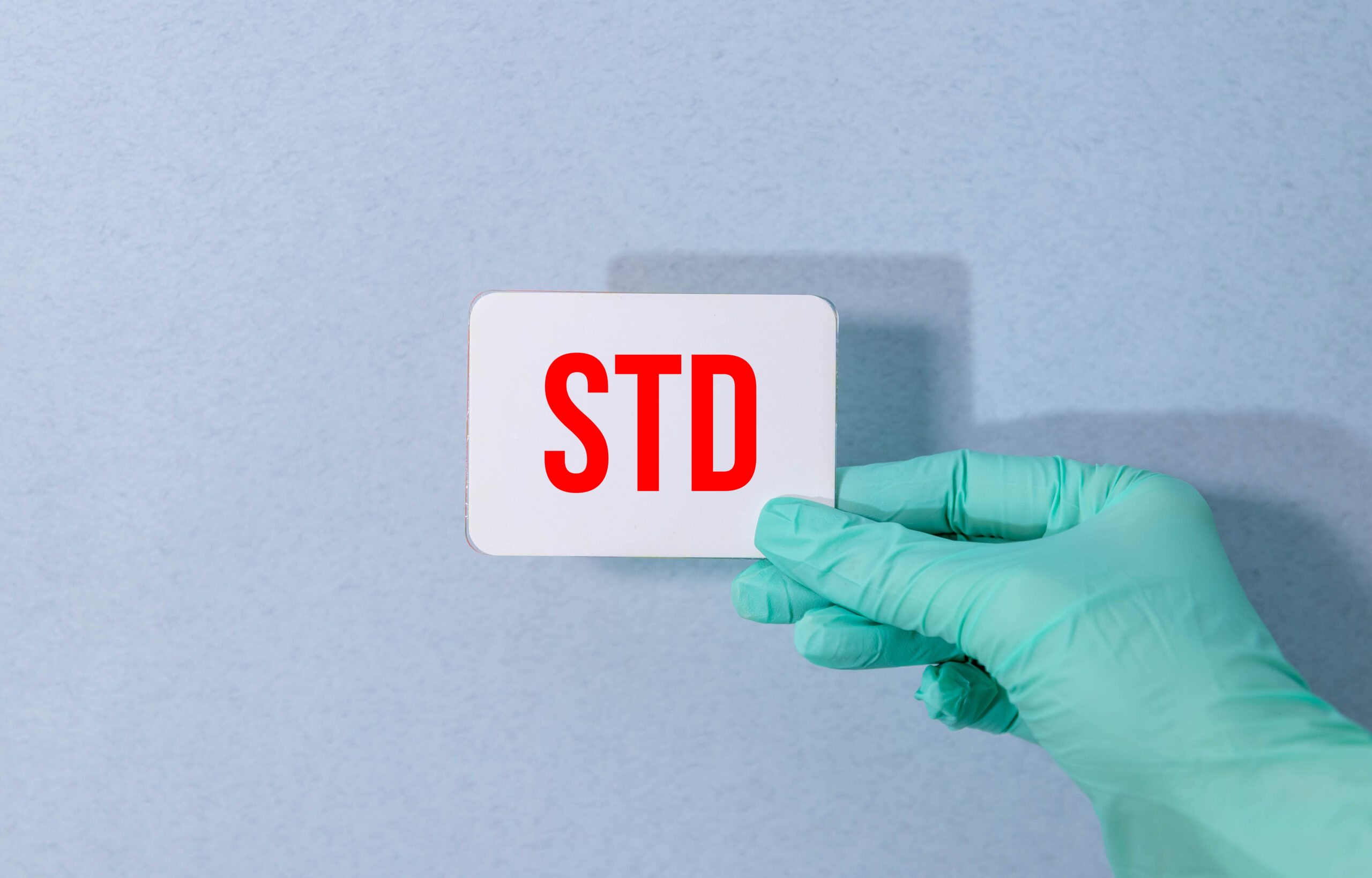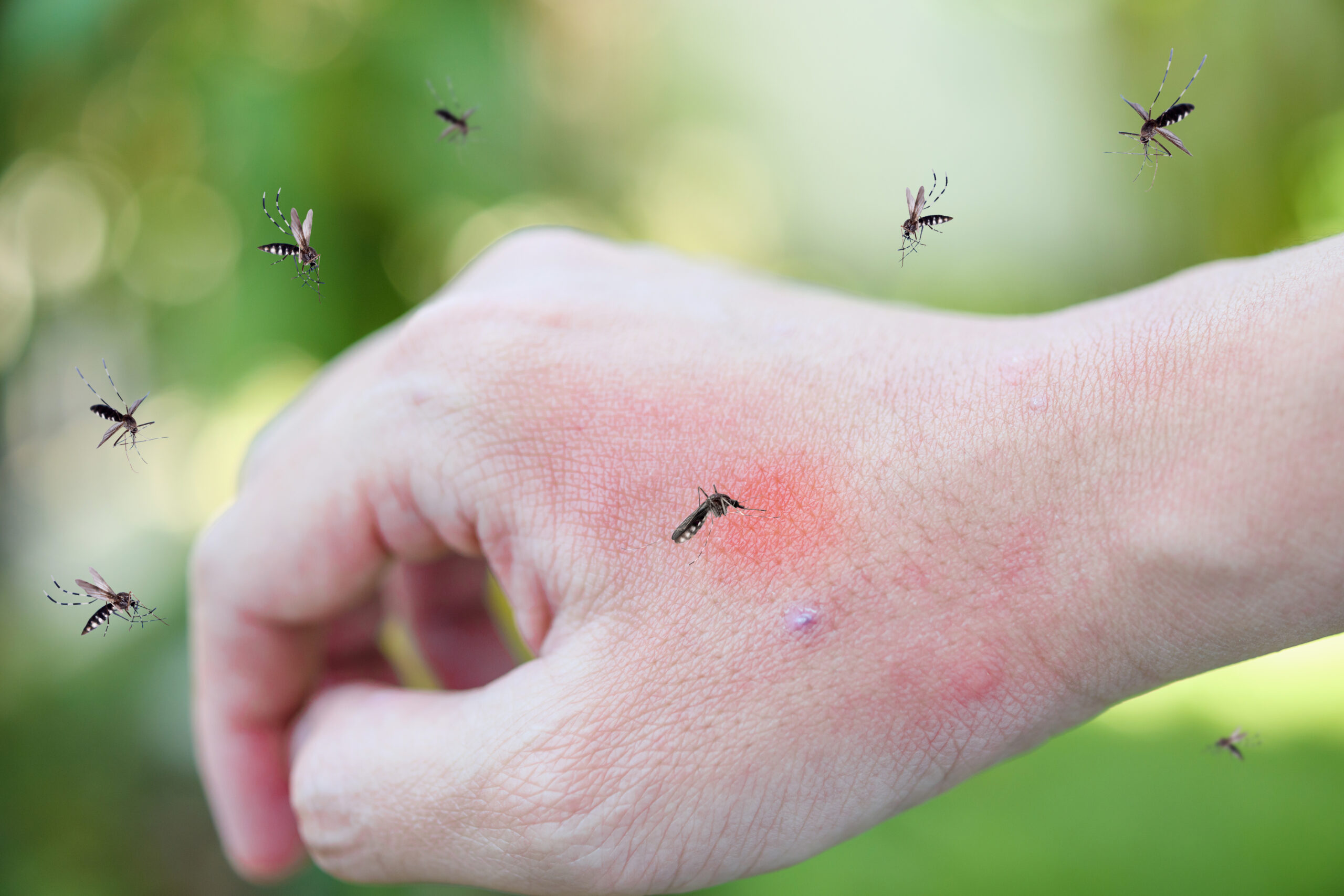Animal encounters are part of the unique experience of visiting Phuket. From friendly dogs and cats to curious monkeys in popular tourist areas, close contact with animals is common. While many interactions are harmless, mammal bites and scratches can pose serious health risks if not treated promptly and properly.
At Patong Medical Clinic, we provide professional mammal bite treatment in Phuket for tourists, expats, and local residents. Our medical team understands the urgency of animal bite injuries and offers timely, safe, and evidence-based care to reduce the risk of infection and long-term complications.
Why Mammal Bites Should Never Be Ignored
Even small bites or scratches can break the skin and introduce bacteria or viruses into the body. In tropical environments like Phuket, infections can develop quickly due to heat, humidity, and exposure to unfamiliar microorganisms.
Common animals involved in bite injuries include:
- Dogs
- Cats
- Monkeys
- Other mammals encountered in tourist areas
Mammal bites may appear minor at first, but without proper wound cleaning and medical assessment, they can lead to complications such as infection, swelling, fever, or in serious cases, rabies exposure.
If you have been bitten or scratched by an animal in Phuket, seek medical care as soon as possible. Early treatment makes a significant difference.
Immediate Risks Associated with Mammal Bites
Animal bites are not just surface injuries. Potential risks include:
- Bacterial infection at the wound site
- Deep tissue damage
- Delayed healing
- Scarring
- Transmission of rabies or tetanus
Rabies, although rare, is a serious viral disease that affects the nervous system and is almost always fatal once symptoms appear. This is why prompt assessment and preventive treatment after a mammal bite are critical even if the wound looks small or painless.
Professional Mammal Bite Treatment at Patong Medical Clinic
Our approach to mammal bite treatment in Phuket focuses on thorough medical evaluation and immediate care. When you visit Patong Medical Clinic, our doctors will:
- Assess the type and severity of the bite or scratch
- Clean and disinfect the wound using sterile techniques
- Evaluate the risk of infection or rabies exposure
- Prescribe antibiotics if necessary
- Provide pain management and wound care instructions
Each case is treated individually, based on the type of animal involved, the depth of the wound, and your medical history.
The Importance of Vaccination After Mammal Bites
Vaccination plays a crucial role in the management of mammal bites. Depending on your situation, our doctors may recommend:
- Rabies vaccination for prevention after exposure
- Tetanus booster if your vaccination status is unclear or outdated
Vaccines help your immune system respond effectively before an infection can develop. Our medical team will explain clearly whether vaccination is required and guide you through the recommended schedule if follow-up doses are needed.
If you are unsure about your vaccination status, our doctors can assess and advise you immediately.
When Should You See a Doctor?
You should seek medical attention immediately if:
- The skin is broken, even slightly
- The bite is from a dog, cat, or monkey
- There is redness, swelling, or pain around the wound
- Bleeding does not stop
- You develop fever or feel unwell
- You are unsure whether vaccination is required
Delaying treatment increases the risk of infection and may complicate recovery especially when travelling.
Care for Tourists, Expats, and Families
Many travellers hesitate to seek treatment due to language barriers or uncertainty about healthcare abroad. At Patong Medical Clinic, we specialise in caring for international patients and provide:
- English-speaking doctors and nurses
- Clear explanations of diagnosis and treatment
- Discreet, respectful consultations
- Assistance with medical certificates and insurance documentation
Please note that payment and insurance claims depend on your individual insurance policy.
Clinic Visits and Doctor On Call Options
Mammal bite treatment is available at our modern clinic in Patong, where patients receive care in a clean and controlled environment. For those who are unable to travel, doctor-on-call services may also be available depending on the situation and location.
Our priority is ensuring you receive the right care at the right time without unnecessary stress.
Don’t Take Chances with Animal Bites
Mammal bites should always be taken seriously. Prompt medical evaluation, proper wound care, and timely vaccination can prevent serious complications and give you peace of mind during your stay in Phuket.
At Patong Medical Clinic, we are committed to providing fast, reliable, and professional mammal bite treatment so you can recover safely and continue enjoying your time in Thailand.
If you or someone you’re travelling with has experienced an animal bite or scratch, don’t wait. Contact Patong Medical Clinic today for expert care and guidance you can trust.




